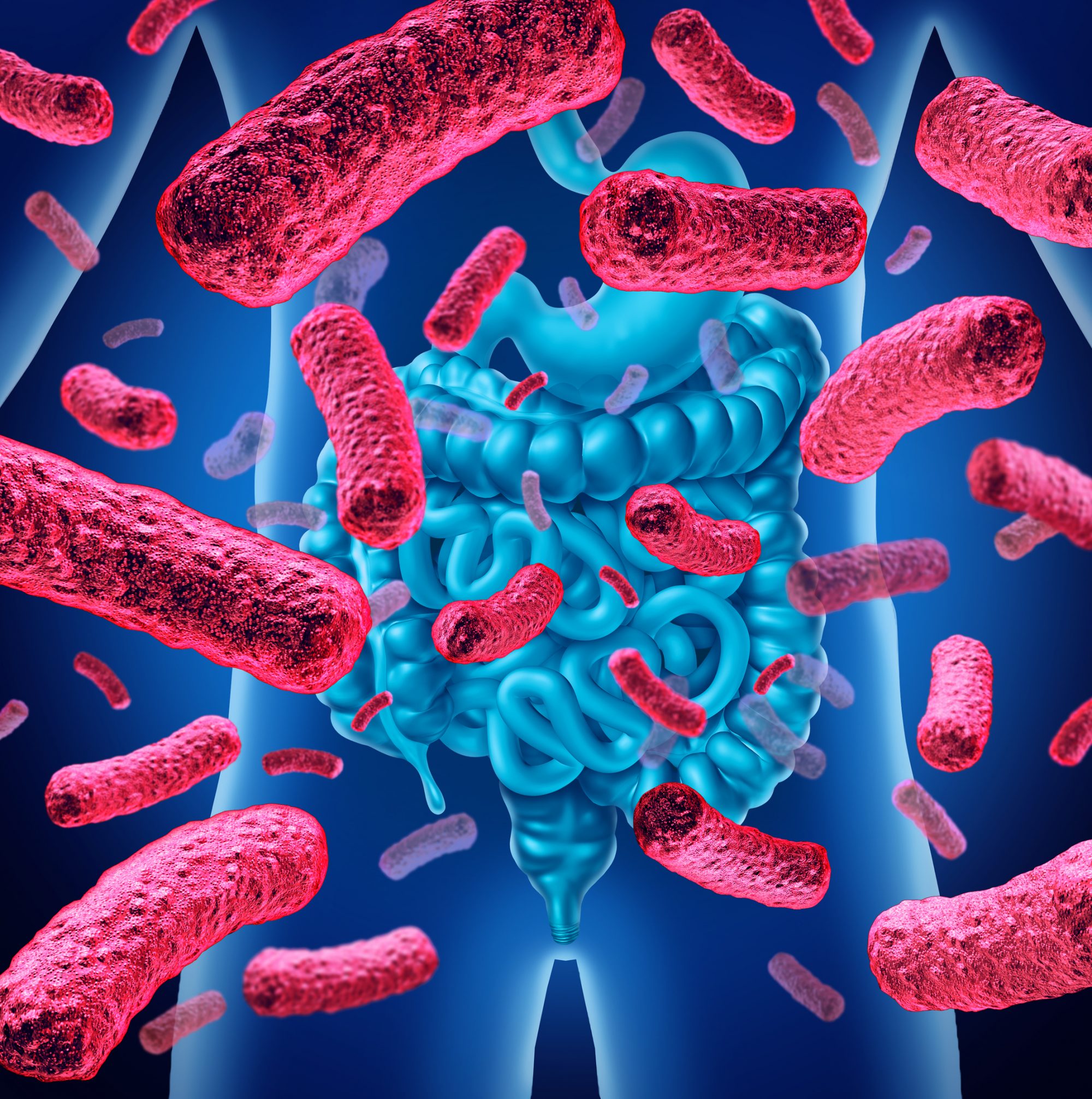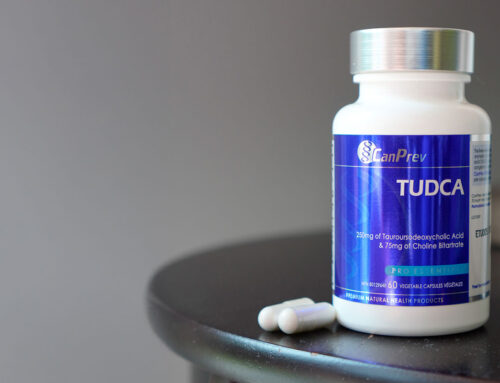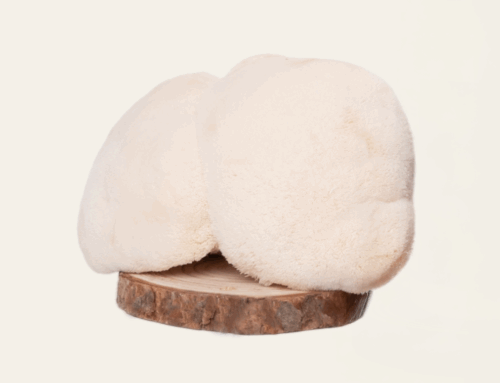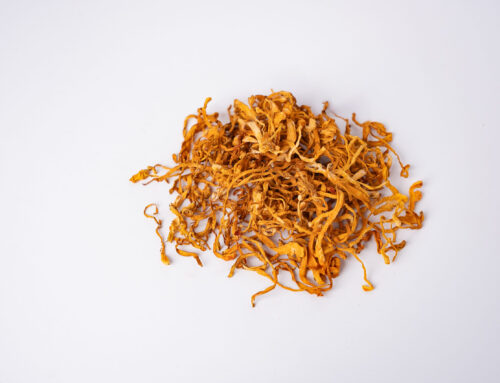What are the symptoms of SIBO?
Small intestinal bacterial overgrowth or SIBO, is just that – when bacteria (or other microorganisms, good or bad) grow out of control in the small bowel. Compared to the large colon, it should be quite low in bacterial count.
Colonization also ends up damaging the specialized cells lining the small intestine – a condition that has been coined leaky gut – or an increase in intestinal permeability, which further impairs the digestive process and can exacerbate nutrient malabsorption.
This can allow pathogens, toxins and undigested protein molecules to enter the bloodstream that, in turn, cause widespread inflammation, food sensitivities, autoimmune disorders, and other undesirable immune reactions.
The most common symptoms of SIBO are:
- Nausea and/or vomiting
- Abdominal bloating or distention
- Abdominal pain or discomfort
- Acid reflux or heartburn
- Excessive gas or burping
- Constipation and/or diarrhea
- Weight loss or weight gain
- Joint pain and other inflammatory reactions
- Skin issues like rashes, acne, eczema and rosacea
- Depression, and other mental health disorders
- Restless legs syndrome
- Histamine intolerance
- Asthma
- Fatigue or lethargy
One of the biggest concerns with SIBO is that it can actually lead to malnourishment, whereby essential nutrients like protein, carbohydrates and fats aren’t properly absorbed. This can then cause a number of vitamin & mineral deficiencies like iron, vitamin B12, calcium as well as in the fat-soluble vitamins — vitamin A, D, E and K. [1]
Wondering why the symptoms sound curiously similar to IBS?
One of the most common conditions associated with SIBO is Irritable Bowel Syndrome. [2]
While they have similar symptoms and are often overlapping conditions, the association between the two still has some unknowns, according to scientists. They remain distinctly different in how they can manifest, how they are diagnosed, as well as how they are treated.
On the other hand, some studies have found that SIBO is concurrent in more than 50% of all cases of IBS, and successful elimination of bacterial overgrowth in the small intestine reportedly resolves symptoms of IBS as well.
But, what causes SIBO in the first place?
According to experts, the causes are not clearly defined but predisposing factors to acquiring SIBO can include:
- aging
- diabetes type 2
- chronic pancreatitis
- Crohn’s disease
- diverticulosis
- injury to the bowel
- a structural defect in the small intestine called blind loop syndrome
- intestinal lymphoma
- immune system disorders like scleroderma
- recent abdominal surgery
- use of certain medications, including proton pump inhibitors (acid reflux medications) and immuno-suppressant medications
Celiac disease has also been found to increase the risk for developing SIBO, as it disturbs gut motility leading to poor functioning of the small intestine. [3]
Additionally, heavy metal toxicity, low stomach acid, inflammatory diets, and stress – are all thought to be contributors as well.
How can you treat it?
Generally, there are 3 mains goals when treating SIBO:
- Reduce and eradicate the bacteria using a combination of diet, botanical antimicrobials, and antibiotics if necessary.
- Heal the lining of the digestive tract – glutamine is especially helpful for this
- Prevent reoccurrence.
Most holistic health practitioners advise using some variation on the “SIBO diet” for at least 2 weeks – which may include any or all of the following:
- Herbal antibiotics like oregano oil
- Low FODMAP, GAPS and/or AIP diet – see explanations below
- Re-populating the gut with good bacteria using probiotics, and then “feed” them with prebiotics such as under-ripe bananas, asparagus and Jerusalum artichoke
- Stress management – this is key in preventing and managing most, if not ALL health conditions
However, a prescription antibiotic may be needed, at least initially, in more severe cases to get the bacterial overgrowth under control.
By eliminating FODMAPS from your diet for at least 2 weeks, and then transitioning to the GAPS diet or AIP protocol, you can start healing the gut, and can begin to eradicate the microorganisms that are causing havoc in your small intestine.
What are FODMAPs?
These are Fermentable, Oligosaccharides, Disaccharides, Monosaccharides And Polyols.
These are the foods that aren’t fully absorbed by the body and end up fermenting in the gut. This would include ones we would normally consider ‘healthy’ for us – like apples, pears, apricots, cauliflower, barley, garlic & onions.
What is GAPS?
The GAPS, or Gut and Psychology Syndrome diet, was created by Dr. Natasha Campbell- McBride, Neurologist & Neurosurgeon, in response to the dietary needs of her autistic son.
Foods eliminated by the GAPS diet:
Things like sugar, grains, starchy carbs & potatoes, conventional meat & dairy, and any processed foods including artificial chemicals and preservatives.
What is AIP?
The AIP or Autoimmune Protocol is considered a stricter version of the Paleo diet, which involves the elimination of foods that are considered gut irritants like grains, legumes, eggs, dairy, nightshades, nuts & seeds, and processed foods including industrial seed oils.
Additional eliminations are alcohol and NSAIDs like Ibuprofen. For natural, drug-free inflammation-fighting pain relief, try Curcumin-Pro with Bromelain.
The AIP can be very difficult for many people to follow, but sometimes it’s temporarily necessary to fully heal a very leaky gut, which goes hand-in-hand with the incidence of SIBO.
It may also be wise to supplement with the following when treating SIBO:
- Digestive Enzymes
- B Vitamins, especially B12 – sublingual, therapeutic dose
- Fat soluble vitamins – Vitamin D & K
- Minerals: Iron & zinc
- Probiotics
Testing specifically for SIBO can be a bit tricky and it can be difficult to get a definitive diagnosis. So be sure to work with a Functional Medicine Practitioner or Naturopath to effectively test (often with a minimally invasive lactulose hydrogen breath test) and treat this condition, as well as address other underlying gut dysfunctions.
I think we can all agree that there are literally dozens of reasons why our gut health can become compromised. For even more tips on how to have a happier digestive system – READ THIS
Study references:
[1] https://www.researchgate.net/publication/225847170_Bacterial_Overgrowth
[2] https://www.ncbi.nlm.nih.gov/pmc/articles/PMC3949258/
[3] https://www.ncbi.nlm.nih.gov/pubmed/15319644







Leave A Comment